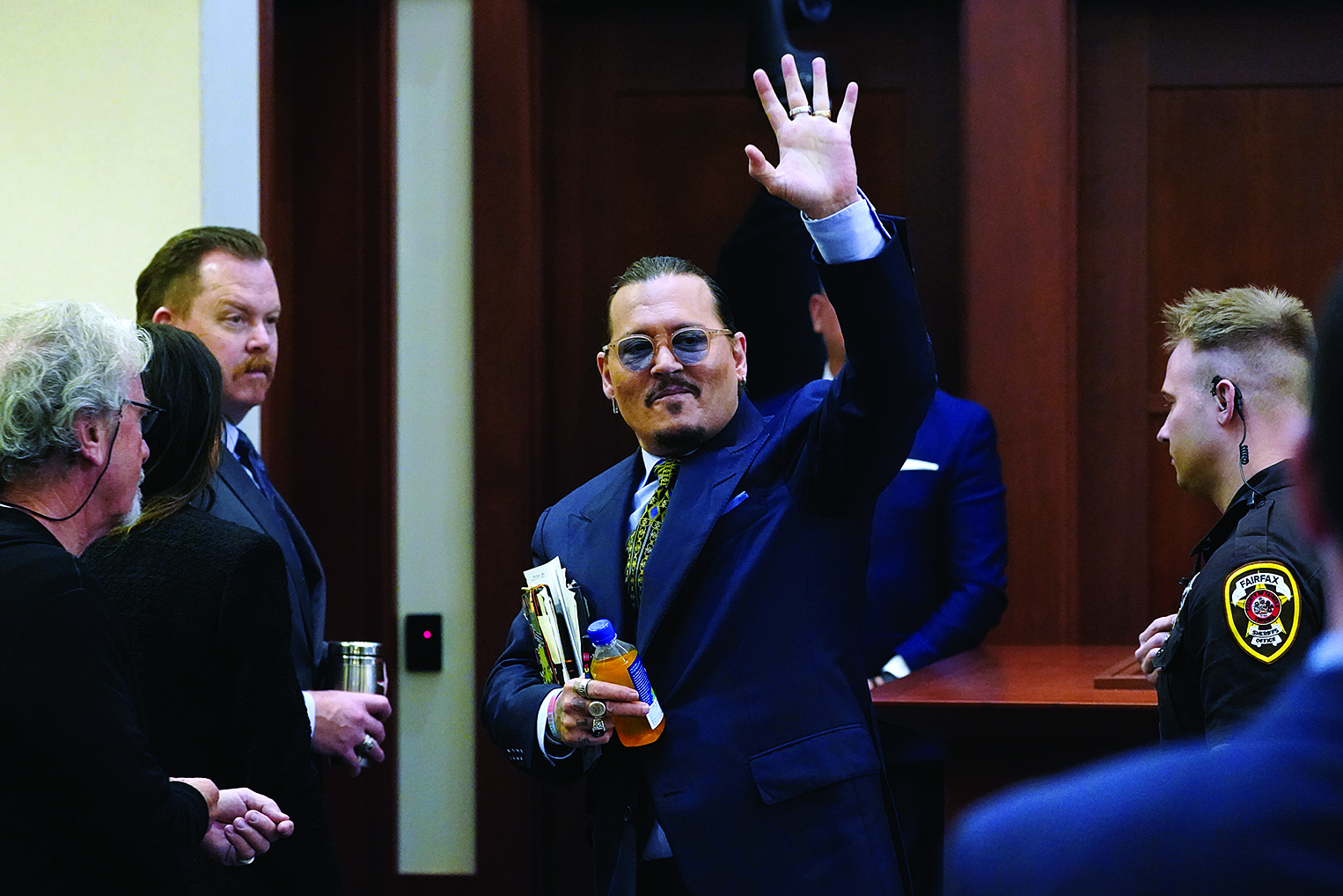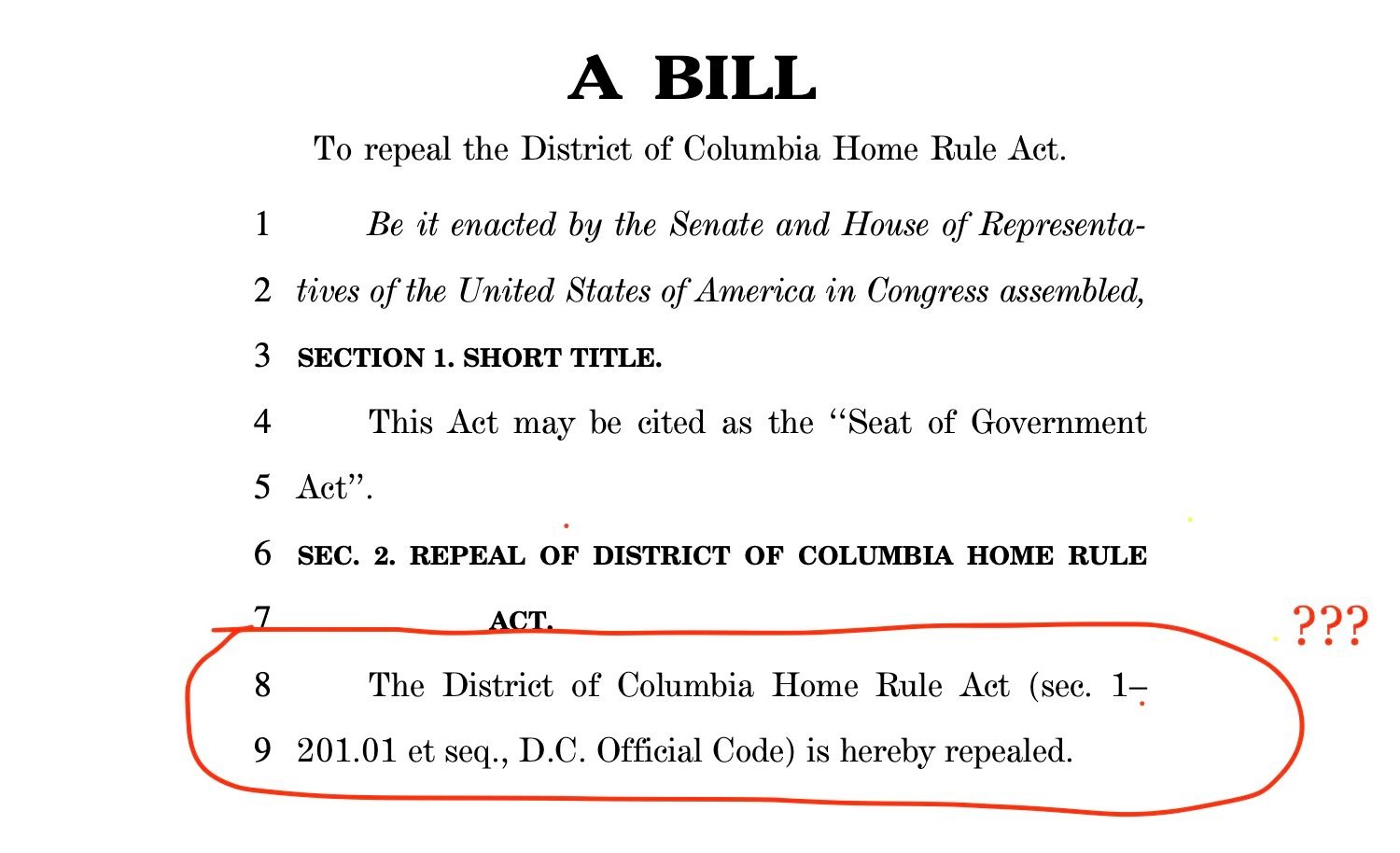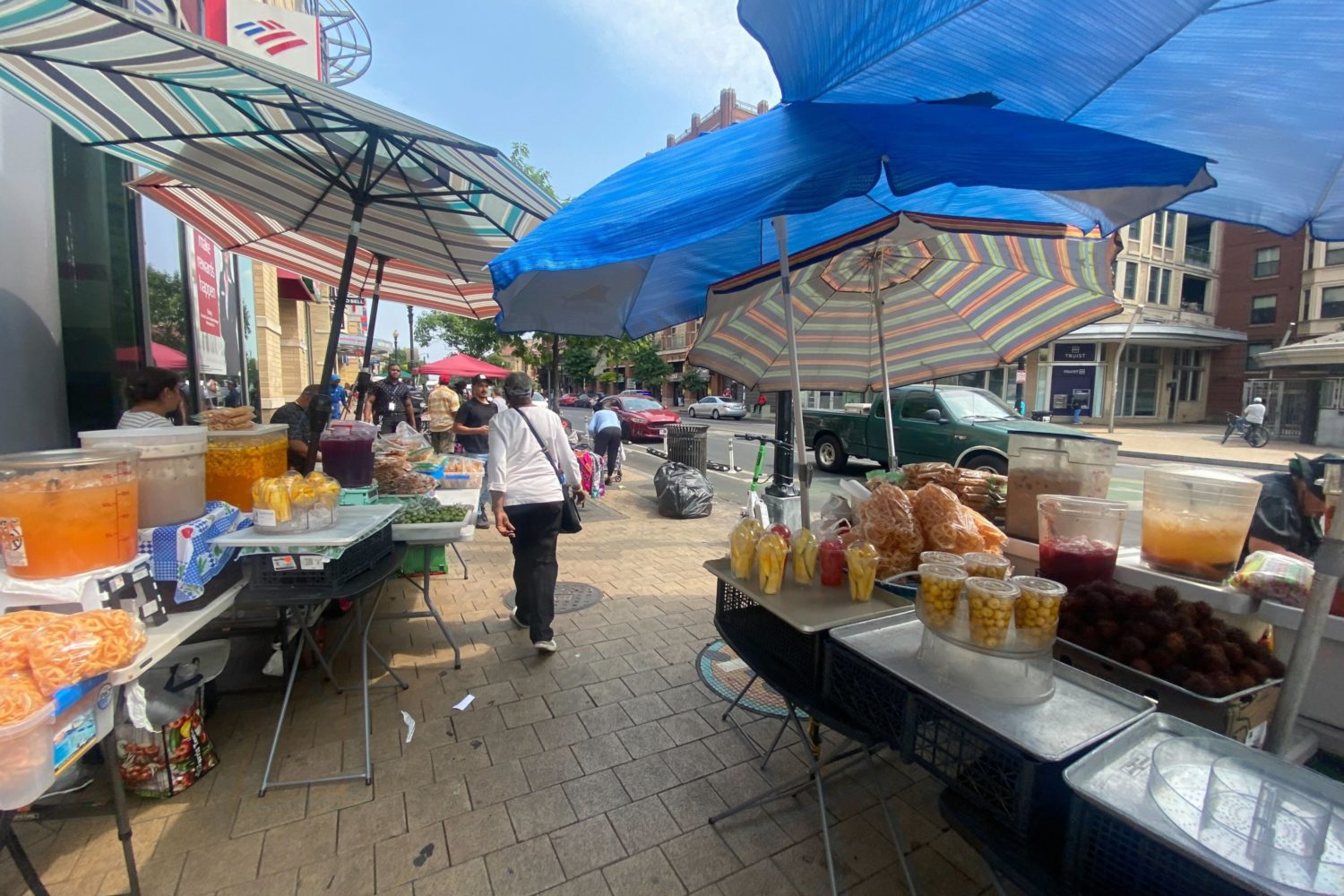Johnny Depp doesn’t live in Virginia. Neither does Amber Heard. So why did Depp’s defamation case end up in Fairfax County, of all places?
Credit—or blame—goes to Virginia’s notably weak laws against SLAPPs, or “strategic lawsuits against public participation.” (The explanation of that legalese is too complex to get into here.) Depp sued Heard over a ghostwritten Washington Post opinion piece that didn’t actually mention him. While many other states allow defendants to ask a judge to throw out complaints that could be considered frivolous, Virginia doesn’t. As a result, suits that might otherwise get tossed can make it to a jury—at which point anything can happen.
That’s a key reason Virginia has become a destination for what’s known as SLAPP tourism, where lawyers file suits in the state even though the case has little or no connection to it. The tactic paid off for Depp, who scored a $10-million victory. (Heard won $2 million in her countersuit.)
In early 2020, Virginia’s General Assembly attempted to make SLAPP suits harder. The House of Delegates and the state Senate passed bills, but the legislation proved difficult to reconcile, says Delegate Schuyler VanValkenburg, who sponsored the House bill. “There was a moment of momentum,” says VanValkenburg, “and it just petered out.” Covid sucked up a lot of the next session, and Republicans won the House and the governorship the following fall.
The result: SLAPP reform has slipped a long way down legislators’ to-do lists. Though it attracts an ideologically diverse set of advocates—it may be one of the few goals the Reporters Committee for Freedom of the Press and the Koch-funded Americans for Prosperity share—there won’t be meaningful reform until state House and Senate leaders are more closely aligned on the specifics.
Given that Depp won his suit, other litigants could soon be lining up to try their luck in Virginia, so it would make sense for anti-SLAPP legislation to return at some point. “There’s a path moving forward,” VanValkenburg says, “and there are people interested in getting the band back together to figure out what the pathway is.”
This article appears in the July 2022 issue of Washingtonian.



















